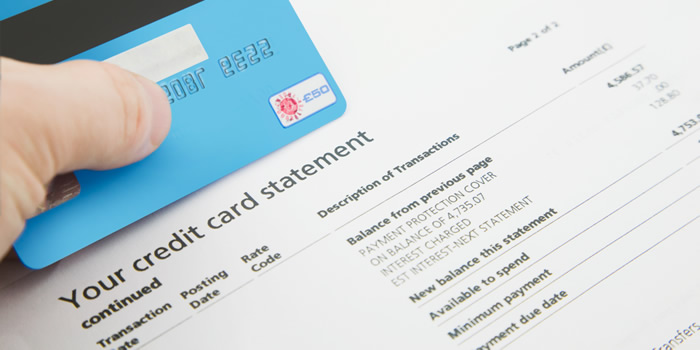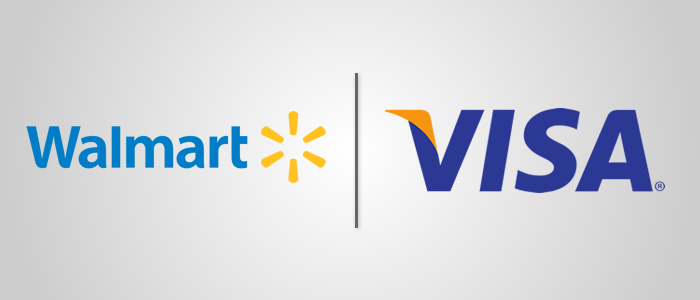
Don’t think credit card fraud can happen to you? Think again. A recent news story highlights the seriousness of credit card fraud. A man was recently arrested by the RCMP and charged in connection for allegedly using a stolen credit card to purchase thousands of dollars’ worth of home improvement products in Hamilton, Ontario.
Each year credit card fraud costs issuers hundreds of millions of dollars. It’s a lot more common than you might think and it’s on the rise. In 2012, over 752 thousand accounts were the victim of credit card fraud, with an average loss of $584 per account. Total credit card fraud amounted to over $439 million for credit card issuers, according to the Canadian Bankers Association.
It’s important to be proactive if you don’t want to be the next credit card fraud victim. Here are some steps you can take to protect yourself from fraudsters and to report fraud if you suspect you’re a victim.
Regularly Review Your Statement
The internet has made it easier than ever to review your credit card statement. In a matter of seconds you can login online and review your most recent purchases. While it can be easy to simply wait for your statement to arrive in the mail, you should make the habit of regularly reviewing your statement on a weekly basis.
Here’s why: by the time you receive your statement in the mail, there may already be hundreds – or even thousands – of dollars’ worth of fraudulent charges. If you had simply taken the time to review your statement online, you could avoid the headache of proving to your credit card issuer which charges are genuine and which are fraudulent. If you spot a fraudulent charge, you can report it right away and stop fraudsters from going on a shopping spree at your expense.
If You Suspect you’re a Fraud Victim
You’re reviewing your credit card statement and suddenly you find a $500 purchase you’re certain you didn’t buy – now what? It’s important to act immediately, as time is of the essence. Here are the steps you should take:
1. Phone Your Credit Card Issuer: If you suspect a fraudulent charge, contact your credit card issuer immediately. Credit card companies take fraud very seriously – most have a 24-hour toll-free hotline to report fraud and theft. The sooner you report the fraud, the better. Most credit cards offer zero liability protection, but as a cardholder it’s your responsibility to report any signs of fraud right away. Once your issuer confirms fraud, they should cancel your credit card and issue you a new one.
2. Phone the Police: Credit card fraud is serious crime. Once you’ve informed your issuer, you should report it to your local police department. It’s a good idea to obtain a copy of the police report to confirm the nature of the charge with the issuer and credit reporting agencies.
3. Review Your Credit History: If your credit card has been comprised, the fraudster may have opened other credit accounts in your name. To protect yourself from further liabilities, you should immediately request a copy of your credit report from credit reporting agencies, TransUnion and Equifax. Once you’ve reviewed your credit report, you should alert the credit rating agencies of the fraudulent activity so that a flag is put on your account. That way if the fraudster tries to open a new line of credit in your name, you’ll be the first to know.
Once you’ve been the victim of credit card fraud, it’s important to remain wary. Taking two minutes to review your credit card statement weekly could save you hours of aggravation. If you think you’ve been the victim of fraud, you should follow the steps outlined above to protect yourself and your credit score.




